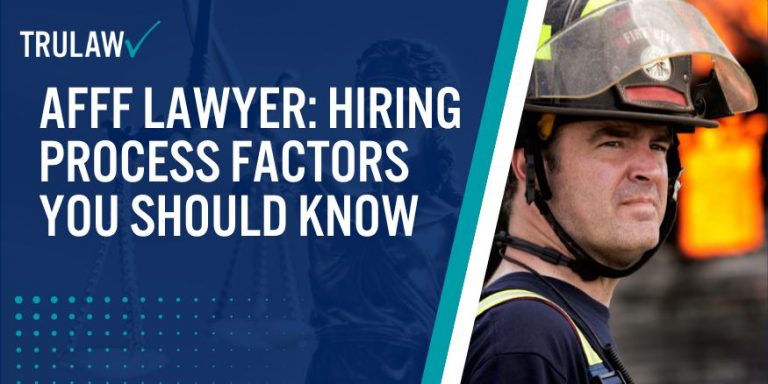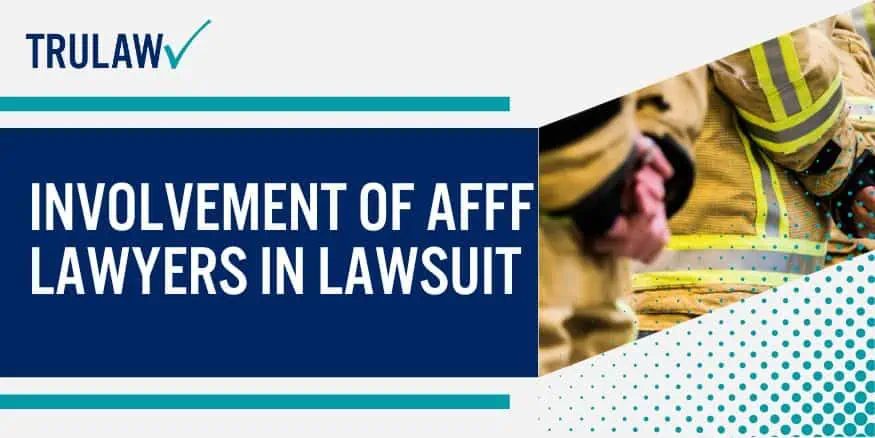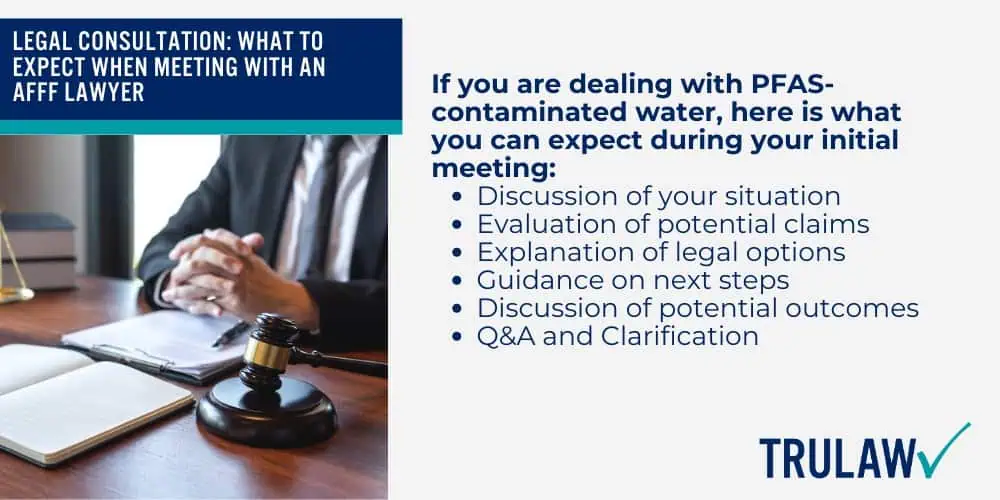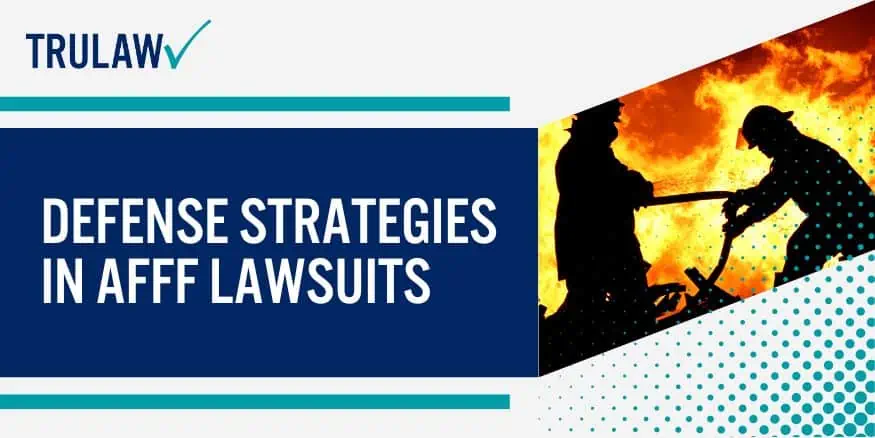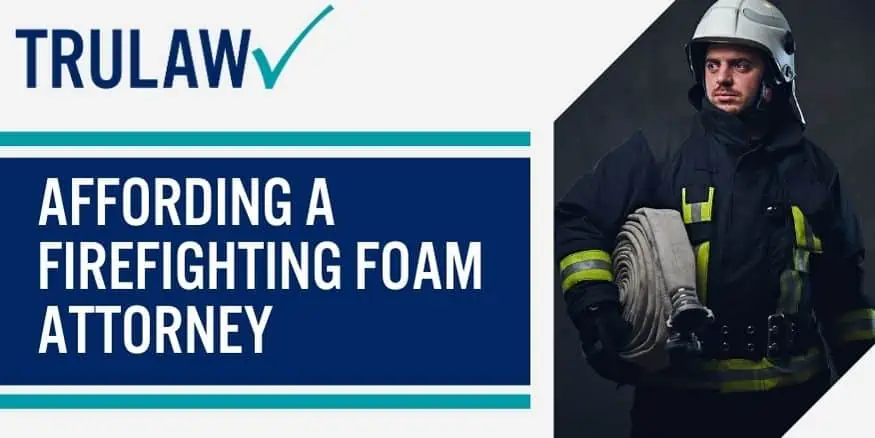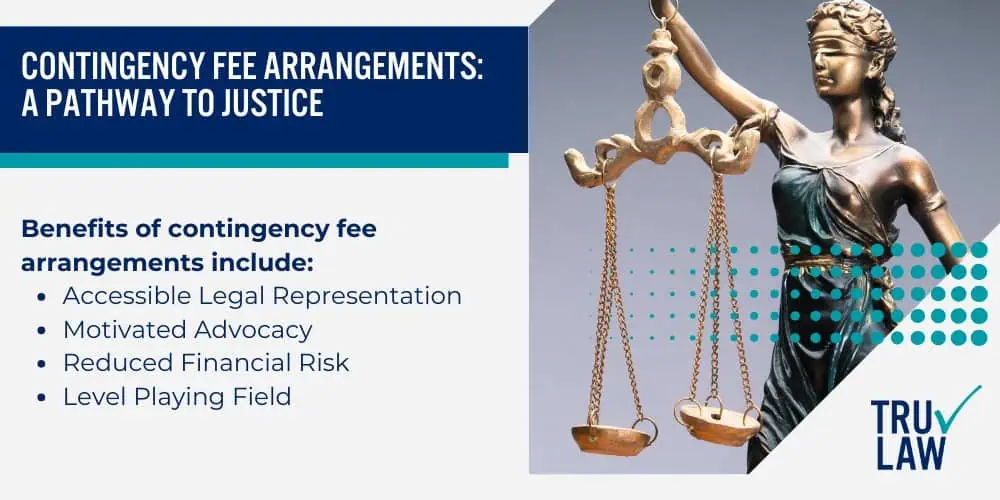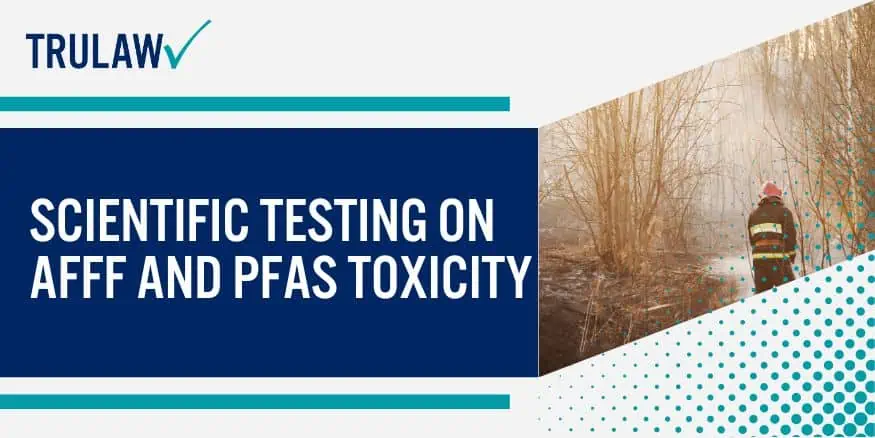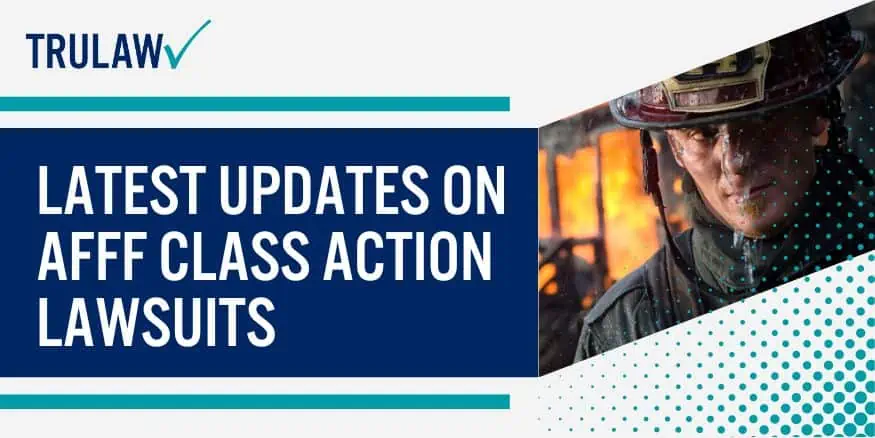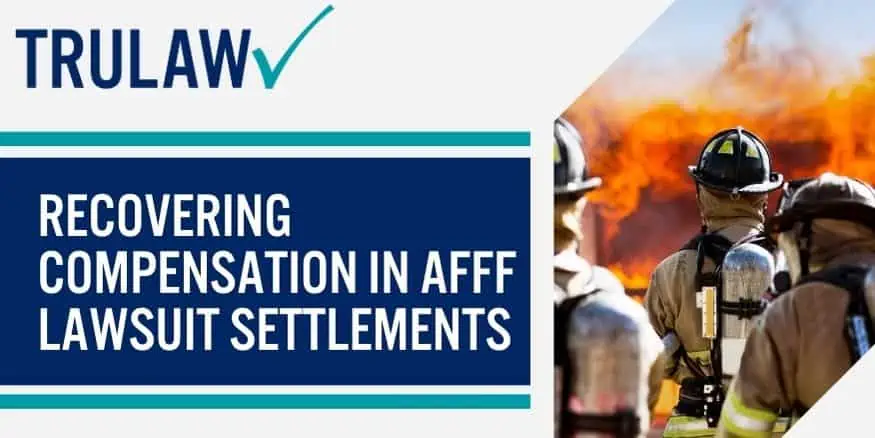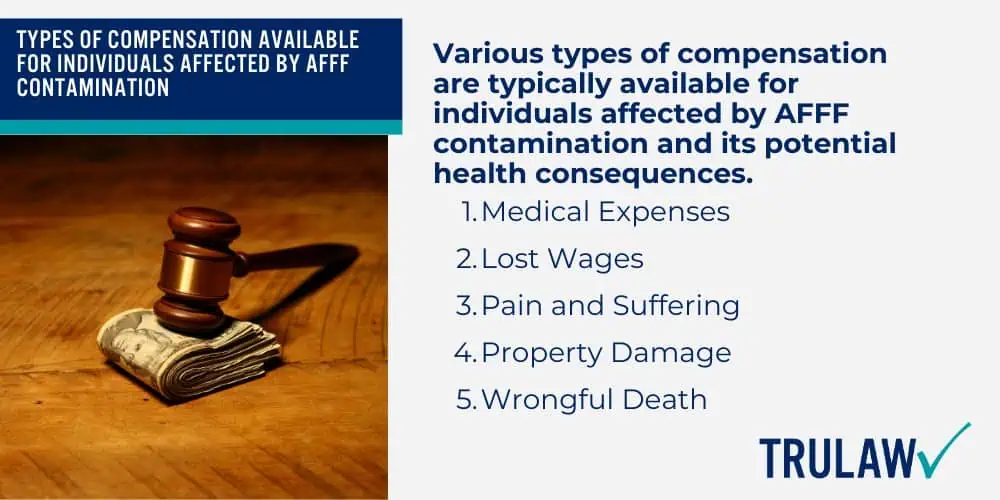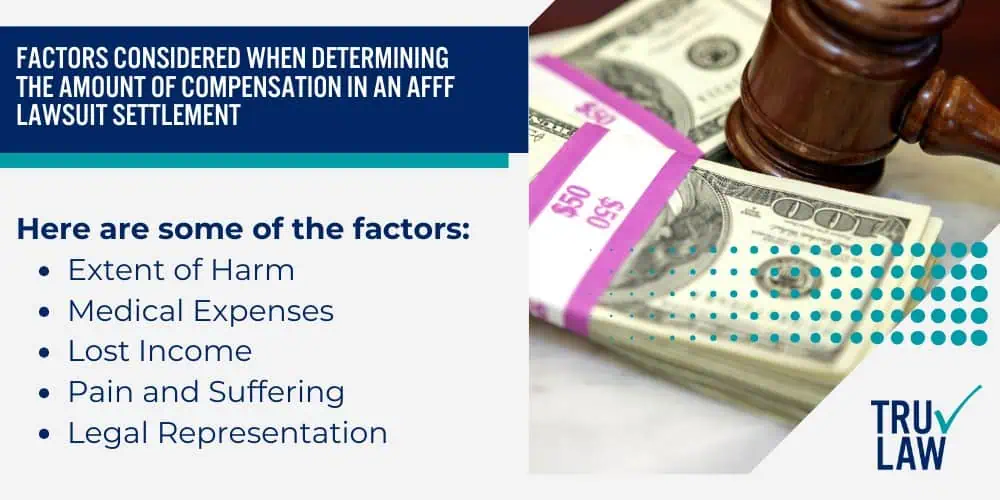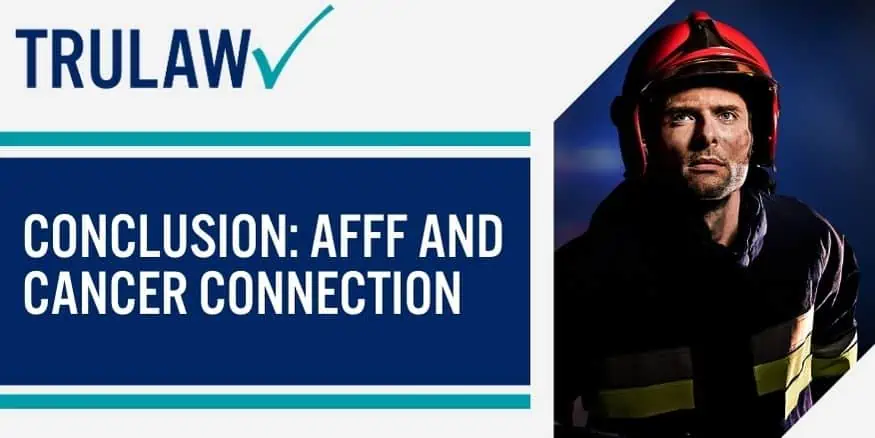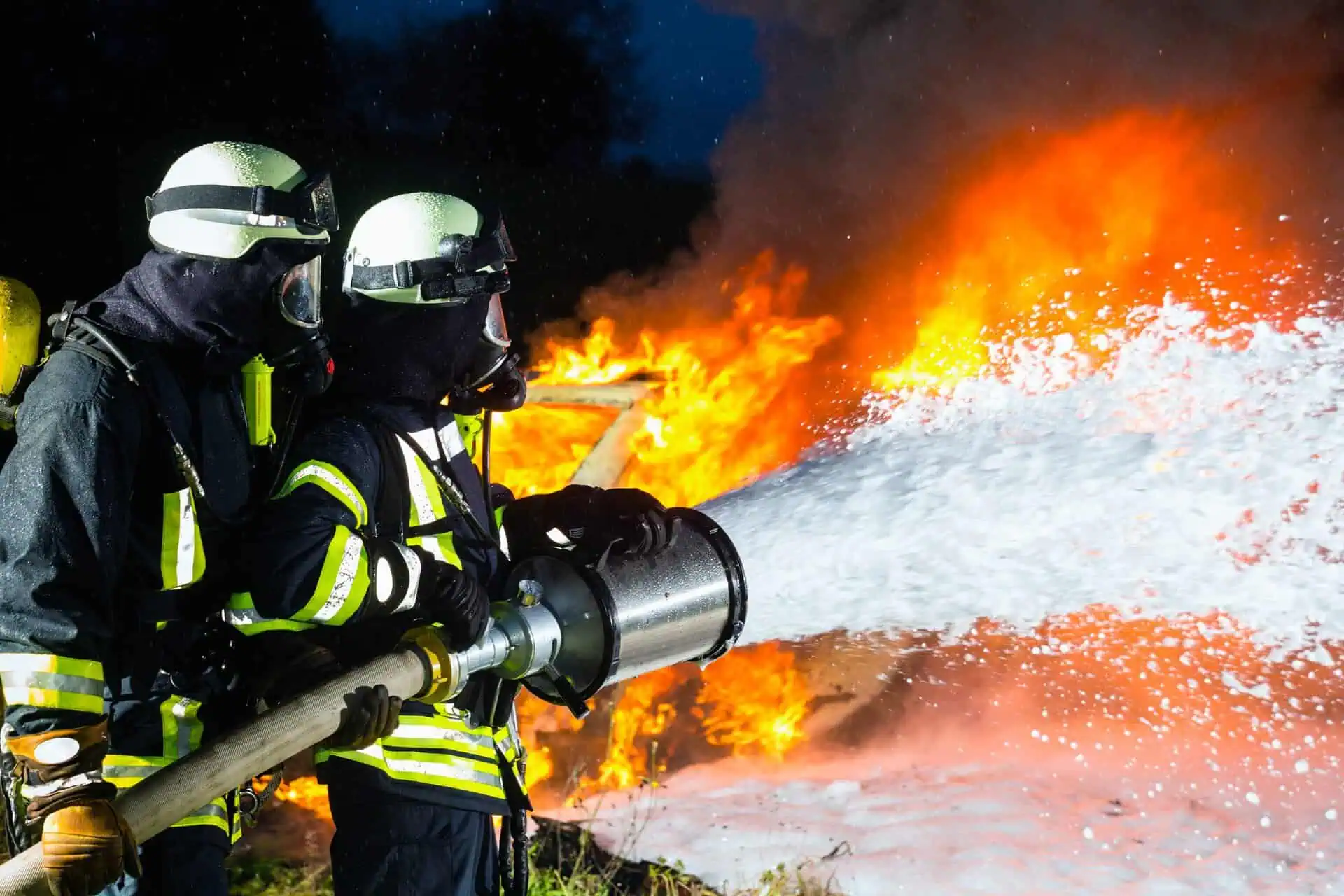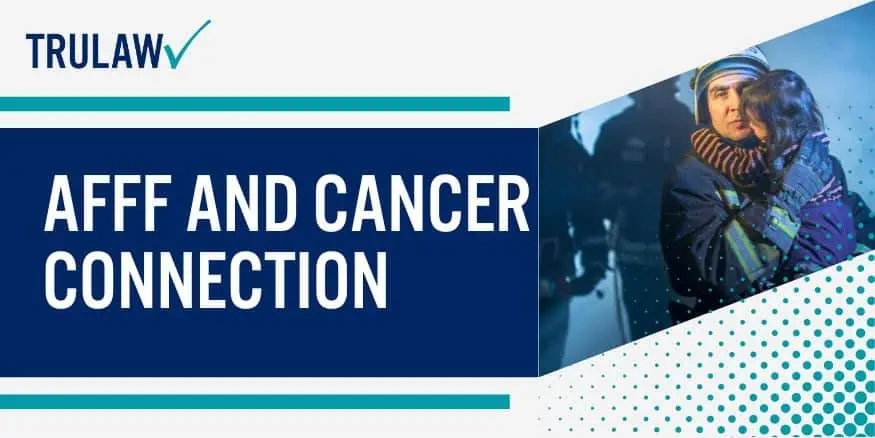
Exploring the link between AFFF exposure and cancer development
AFFF, or aqueous film-forming foam, is a concern in the firefighting community due to the health risks from PFAS contamination.
PFAS are man-made chemicals found in AFFF and can accumulate in the body over time.
Studies suggest a potential link between AFFF exposure and certain cancers in firefighters, but more research is needed and helped by AFFF firefighting foam lawsuit.
PFAS chemicals also have other health effects, like liver damage and immune system dysfunction.
Firefighters should be aware of these risks and take steps to minimize exposure, such as using PFAS-free foams and proper disposal of toxic firefighting foam AFFF.
Understanding the types of cancers associated with AFFF exposure
Several scientific studies have provided valuable insights into the association between AFFF and cancer.
For example, a study conducted by researchers at the Disease Control Institute analyzed data from firefighters who regularly used firefighting foams containing PFAS, including AFFF.
The results showed a higher incidence of kidney cancer among these firefighters compared to those who were not exposed to such foam products.
Another study published in the Journal of Occupational and Environmental Medicine found an increased risk of prostate cancer among firefighters with occupational exposure to firefighting foam containing PFAS, like AFFF.
It is important to note that PFAS chemicals, commonly found in many firefighting foams, including AFFF, can pose a risk to firefighters due to their potential adverse effects on personal health.
These carcinogenic substances raise concerns about the water firefighters use to extinguish fires and the potential for personal injury.
While more research is needed for conclusive evidence, it is crucial for firefighters and individuals working in firefighting professions involving AFFF foam usage to be aware of the potential health risks associated with firefighting and fire suppression.
Regular medical check-ups and monitoring for early signs of cancer can help in the timely diagnosis and treatment of any related medical issues, including PFAS contamination.
